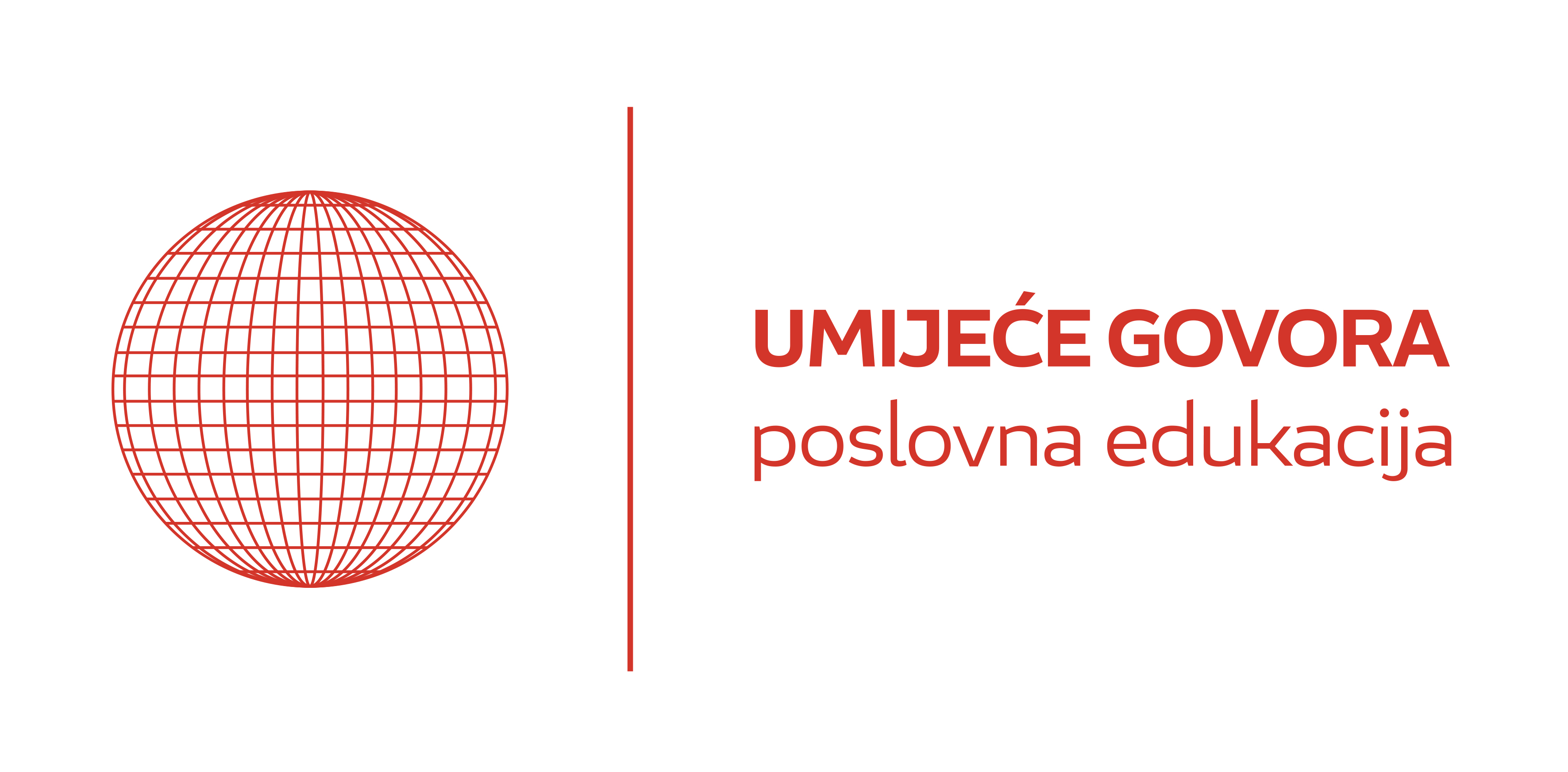Digital Rhetoric
JAGODA POROPAT DARRER
DIGITAL RHETORIC: TWEETING AS THE NEW PARADIGM OF POLITICAL COMMUNICATION
Objavljeno u časopisu Diplomacy and Commerce, veljača 2018. godine
Influence and networking, connecting and making alliances are taking a brand new platform for its actualization imposing a question about the role of political digital rhetoric as media maker and regulator.
Embrace unknown, adapt, change, survive…it is not a novelty to the human beings, it is written in our DNA code. It is a matter of evolution. At the dawn of the Fourth industrial revolution (4IR or just Industrial 4.0), when hardly anything has remained the same, new technology and social media are creating a new paradigm for political communication, out denting that way the political processes basis.
Elizabeth Losh in her book – Virtualpolitik defines digital rhetoric as a: “Public rhetoric, often in the form of political messages from government institutions, which is represented or recorded through digital technology and disseminated via electronic distributed networks”. It encompasses creating mutual connections via virtual diplomatic network, and building alliances to spread a government’s message across the globe. “Social media has become diplomacy’s significant other”, states Mattias Lüfkens from Burson-Marsteller. Twitter, in particular, has become a diplomatic barometer, a tool used to analyze and forecast international relations according to twiplomacy.com.
As a social networking and micro blogging service, Twitter enables registered users to read and post short messages, so-called tweets. It is one of the most popular social networks worldwide, and has become an important communications channel for governments and heads of state as well. Contrary to the common believe that Trump “owns” the Twitter space, former US President Barack Obama claimed a runaway first place in terms of Twitter followers, with Indian Prime Minister Narendra Modi and Turkey’s President Recep Tayyip Erdoğan ranking second and third according to statista.com.
Unlike Facebook, Twitter is not based on the social aspect but on the following and commenting important topics, prominent people, and conversations that are of interest to the users.
Tweets may contain tags, known as hashtags, composed of a key phrase with prefix #. In this way it is possible to find tweets about a particular topic by simply searching the used tag. Popularity between Facebook and Twitter varies from country to country. Facebook is the dominant social network in nearly 130 countries (including Croatia) around the World, while Twitter is widely used in United States, Brazil, Japan, the United Kingdom and Indonesia, and has 317,000,000 worldwide users.
Twiplomacy, a pre-eminent global study of world leaders on social media, conducted by a global PR firm Burson-Marsteller, identified 856 Twitter accounts of heads of state and government, foreign ministers, and their institutions in 178 countries worldwide, analyzing each leader’s Twitter profiles, tweet history and their connections with each other. Donald Trump’s tweets have made a major impact on governments around the world. His tweets dominate 24-hour news cycles and are even considered official statements, according to The White House. Argentina’s @MauricioMacri, Canada’s @JustinTrudeau, @KingAbdullahII of Jordan, Saudi Arabia’s @KingSalman and Turkey’s President Recep Tayyip Erdoğan (@RT_Erdogan), have all made a significant impact in terms of interactions on Twitter over the past year.
CHALLENGES AND OPPORTUNITIES
However, not everyone is thrilled by the new communication opportunities. Bret Stephens, NYT, states that “Twitter is the political pornography of our time: revealing but distorting, exciting but dulling, debasing to its users… It’s bad for the soul and, as Donald Trump proves daily, bad for the country. That is what Twitter has been for our politics. Short-form writing can be informative, aphoristic and funny. Twitter is terrific when tailored as a personalized wire service and can be a useful way to communicate with readers. But Twitter’s degrading uses tend to overwhelm its elevating one.”
On the other hand, for some, Twitter revolution means more visibility, more votes, and more profits for digital media owners. The election of Trump to the U.S. presidency a year ago was largely credited to the digital campaign led by Brad Parscale that used real time data and social response to articulate his political messages and spread it throughout U.S. All major internet media were involved – Google recommended geographically targeted ads, Twitter analyzed the success of tweet-based fundraising efforts, and Facebook identified which pic performed best on Instagram. Moreover, President Trump kept tweeting himself to the victory.
So the best advice to conclude this story will be Parscale’s words: “Keep tweeting. Tell people what you’re thinking. Tell people what you want to do. Talk to them.”
#DigitalRhetoric #Victory





